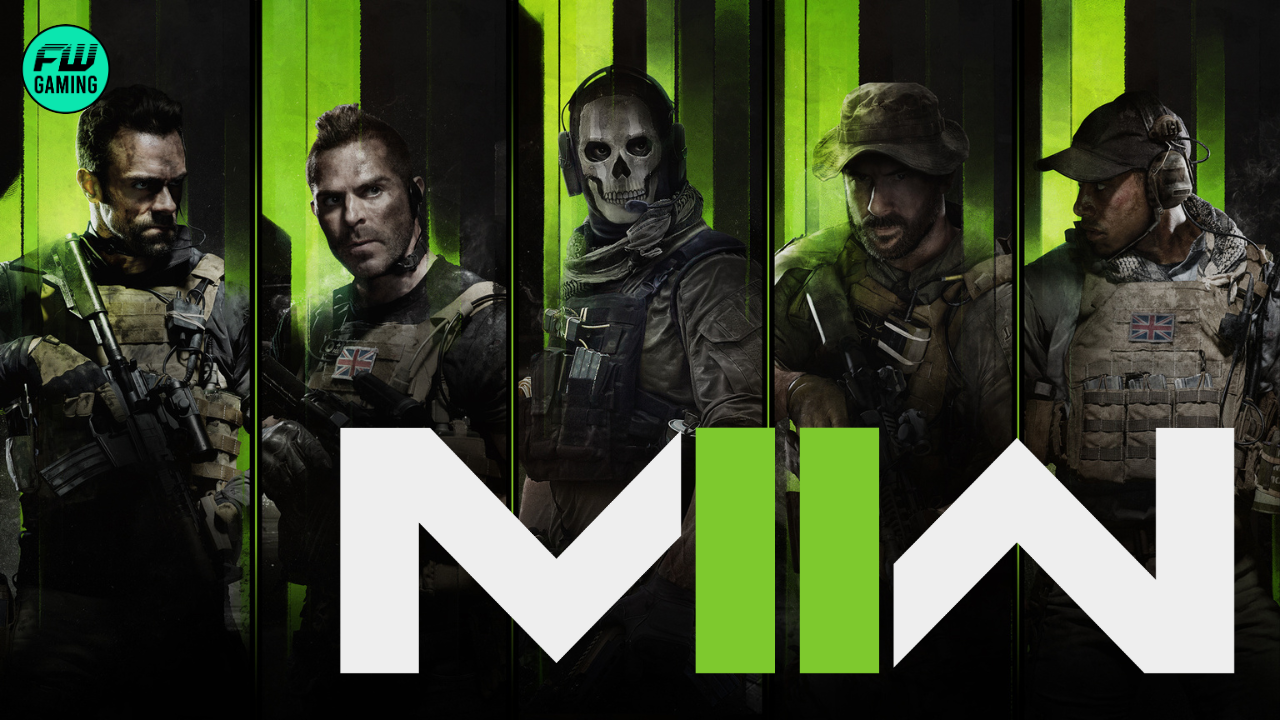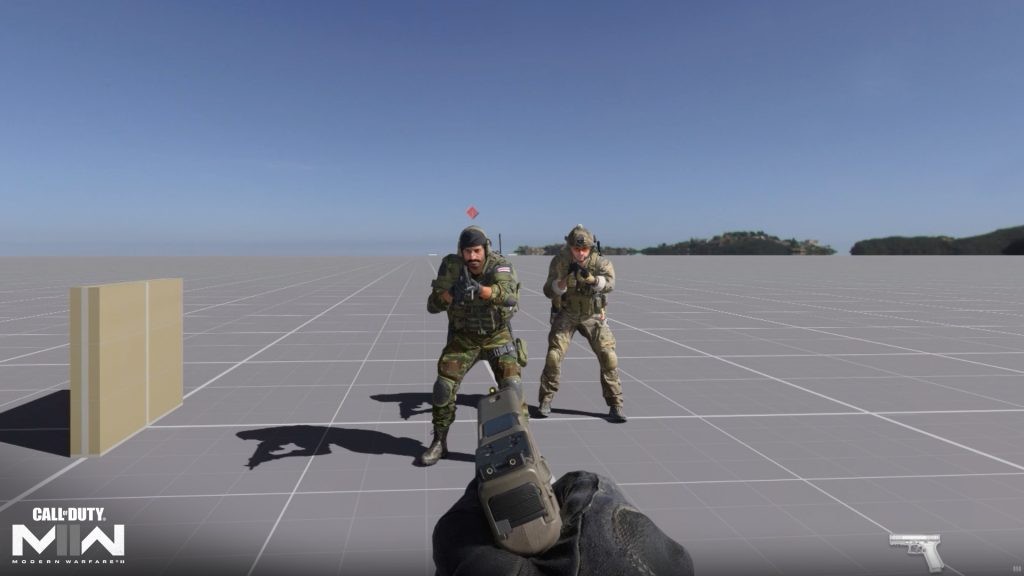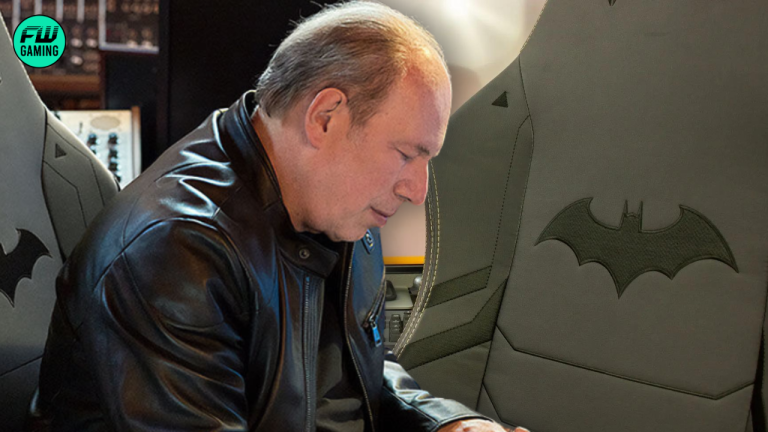The team behind the Call of Duty franchise’s anti-cheating systems have designed a potentially revolutionary way to have cheaters ‘out’ themselves whilst playing. Team Ricochet handles all anti-cheating methods implemented into the franchise, from the contentious SMS methods designed right as Call of Duty: Modern Warfare 2 launched, to the most recent change.
Related: The FTC Trial Gives Us Yet Another Release Date, This Time for Call of Duty: Modern Warfare 3!
As well as implementing this new method, they’ve also removed a prior method of identifying cheaters. Called ‘Quicksand’, the method – called ‘Mitigations’ – would slow or freeze identified cheaters in game, meaning they were obviously more open to attack and death, the hope being it would frustrate them into playing fairly. Along with remapping controls, Quicksand was frustrating, but didn’t prove to have a suitable dent in the cheating player base, so has been replaced with a newer, more innovative method, and one that wouldn’t be so distracting for normal players.
“Mitigations are designed to be a roadblock for cheaters so our community can participate in a protected and interruption-free gameplay experience.. While Quicksand was a fun mitigation to deploy against bad actors, it could also be very visually jarring to anyone in the lobby.”
Team Ricochet’s Hallucinatory Mitigation – What is it?
Detailed in the Call of Duty blog, Team Ricochet detail exactly why they do what they do, even if it may seem counter-productive to allow cheaters to stay in the game, however momentarily.
“Cheating in video games such as Call of Duty is big business, and the technology behind cheats is constantly evolving. Allowing cheaters to remain in the game in a mitigated state provides #TeamRICOCHET with intel, while keeping cheaters occupied, in the dark, and unable to harm your in-game experience. The data we gather through analysis of mitigated players enhances our ability to reliably detect and ban players using similar cheat software.”
Using the mitigations they’re implementing, it’s clear that they’re using the data provided to identify others who are cheating, meaning far more get removed in the end.
This latest mitigation called ‘Hallucination’ will place decoy characters – or hallucinations, go figure – throughout the maps, which only players using known cheating software can see. If those players then decide to shoot, attack, react in any way to these hallucinations, the system then designates them as a cheater.
Related: Call of Duty’s $800million Value to PlayStation Accidentally Revealed During Court Proceedings
The average, normal player won’t see these hallucinations whatsoever, so if you’re playing and you come across someone shooting at nothing, they’re either bored and shooting the scenery, or one of the very cheaters we’re mentioning now. For those worried that this may impact they’re gameplay, Team Ricochet mentioned in the blog:
“are undetectable by legitimate players, and they cannot impact a legitimate player’s aim, progression, end of match stats or overall gameplay experience, but serve to disorient cheaters in a variety of ways”.
With the hallucinations moving and acting like real players, it’ll prove difficult for those cheating to differentiate between the hallucinations and actual players, so not only are they going to be outting themselves as cheaters, they’ll be suffering the consequences of their own actions as real players take advantage of their situation.
Of course it won’t be long before cheaters find their own solutions to Team Ricochet’s latest mitigation, but for now it should help improve the gameplay for us honest players. What do you think though, will this help or hinder the overall experience, and do you think it’ll actually work? Let us know in the comments!
Follow us for more entertainment coverage on Facebook, Twitter, Instagram, and YouTube.



![Lies of P's Game Director Jiwon Choi Discusses the Game, Disney and the Darker Sides of Pinocchio [EXCLUSIVE]](https://fwmedia.fandomwire.com/wp-content/uploads/2023/09/16134750/lies-1-768x432.png)






